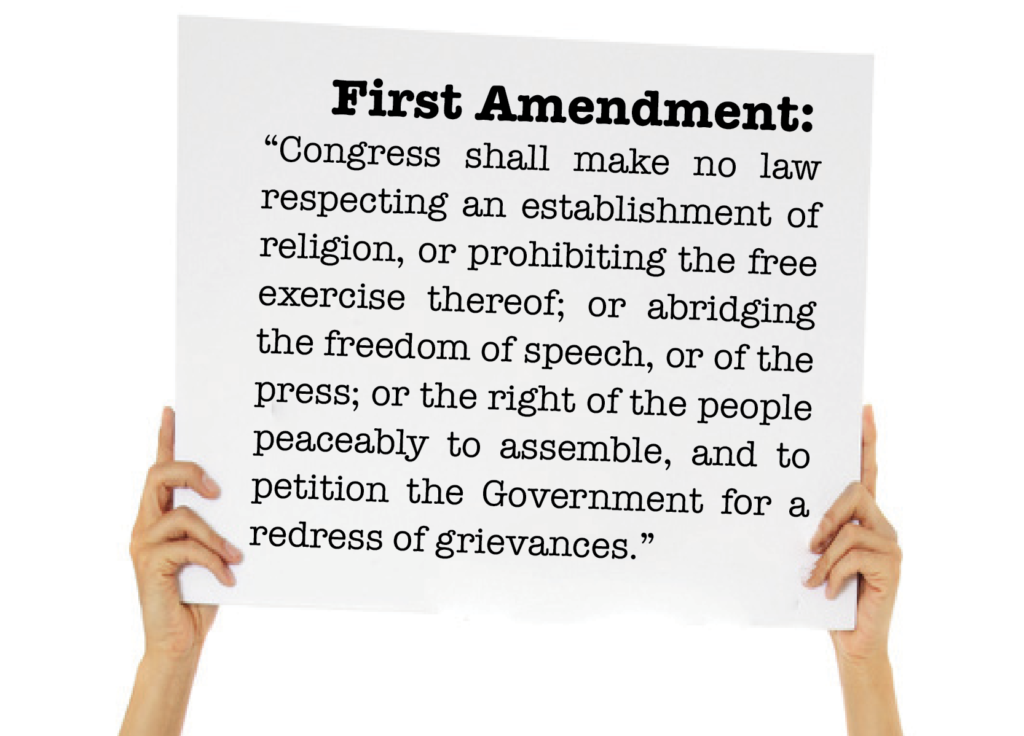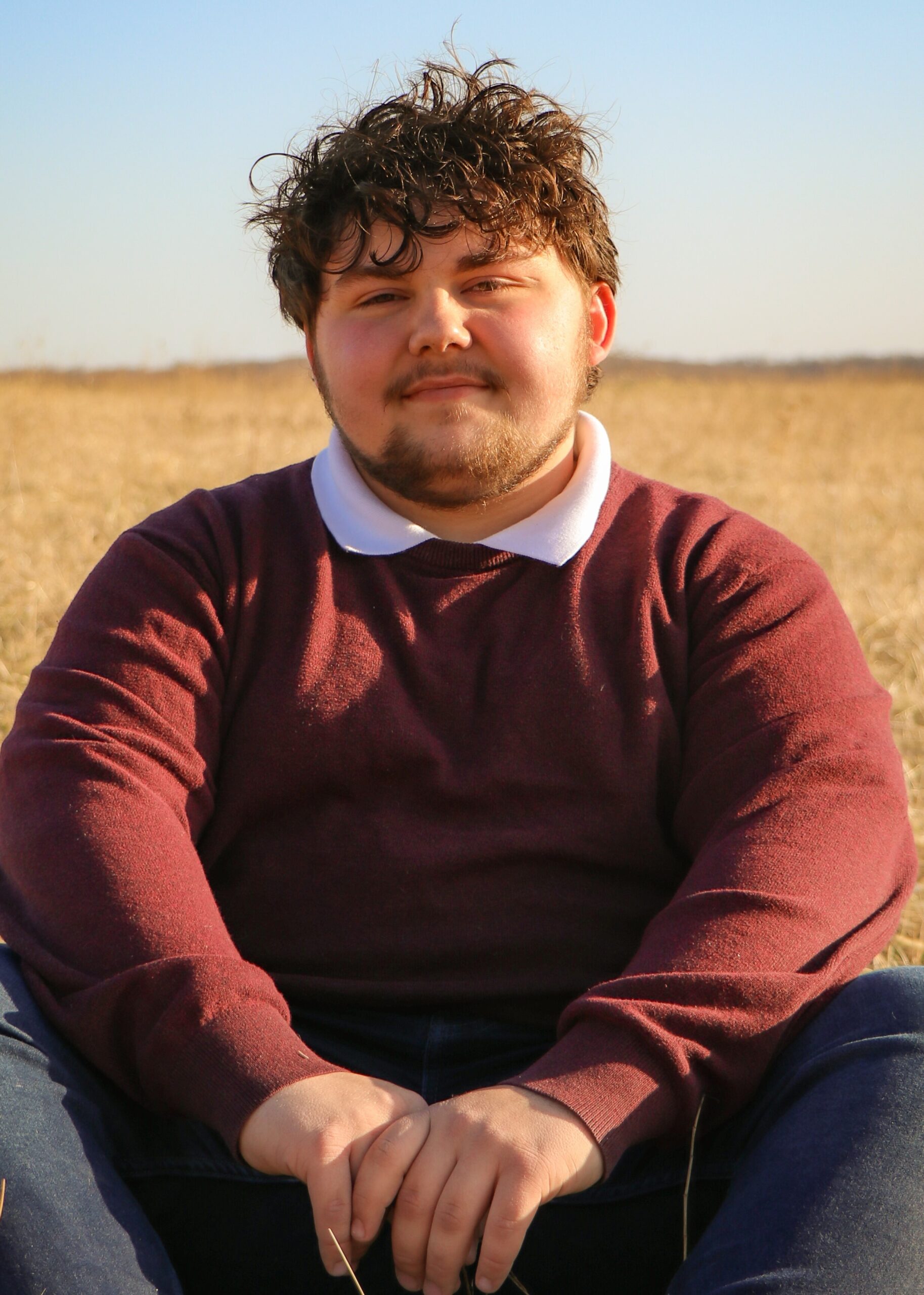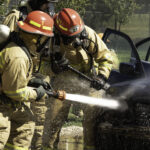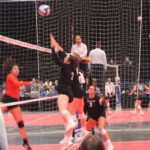
Exploring free speech at Kirkwood: What is protected, what is not
Freedom of speech and expression are federally protected rights under the U.S. Constitution. As part of the First Amendment they are a few of the inalienable rights that our Founding Fathers put in place in the Bill of Rights.
Kirkwood Community College recognizes the importance of these rights on college campuses, and in line with Iowa law are providing free freedom of expression training through the college’s learning management system, TALON. The training became available on Friday, April 1.
In an email to students on March 28, Kirkwood announced the rollout of the program and it’s dedication to free speech.
“As an institute of higher learning, Kirkwood takes its role in promoting freedom of speech and expression very seriously. A robust exchange of ideas is critical to a meaningful academic experience. This essential ideal is central to what we do here at Kirkwood and we have adopted policies and procedures to ensure all parts of the campus community understand their key role in this important value,” stated the email from the college.
Last May, Gov. Kim Reynolds signed Iowa House File 744 into law. This bill mandates that all public universities and colleges provide freedom of expression training to their students. However, training is not required.
“Each public institution of higher education shall provide training on free speech under the First Amendment to the Constitution of the United States to all students, faculty and staff on an annual basis, which elected officials and staff shall be permitted to attend,” according to language in the new law, which the regents added to the policy manual last year.
This law is often cited as a reaction by the legislature from a few freedom of speech lawsuits and complaints that have come out of Iowa’s three largest public universities. The Board of Regents has reacted to these complaints by establishing a permanent Free Speech Committee.
Professor of Sociology Finn Kolsrud, is an avid component of free speech on Kirkwood’s campus. He hosts collaborative or deliberative discussions often throughout the school year to bring students and community members together to have conversations about freedom of speech and expression, as well as other key issues in today’s political landscape.
In fact, Kolsrud hosted the most recent deliberative dialogue about voting rights, a collaborative discussion to help facilitate the transmission of ideas and free speech. Kolsrud said the goal of the deliberative discussion was to take away the hot key words and emotions.
“One of the goals of deliberation as a practice is that you take away the rhetoric or buzzwords that get in the way of talking about an issue,” said Kolsrud.
As part of the deliberative dialogue, Kolsrud said he thinks the free transmission of ideas and freedom of speech and expression is important.
“Free speech is important because if you’re going to have thoughtful conversations or discussions people need to be able to express themselves,” he said.
“Especially on a college campus, there are a lot of difficult topics and issues that not everyone agrees on and suppressing viewpoints or ideas are counterintuitive because people then don’t want to find common ground or hear other viewpoints,” he added.
When talking about complex issues or hot button topics people often look at what their group or tribe think instead of having fully formed ideas on the topics, according to Kolsrud.
“People have a set of values and beliefs but oftentimes, when thinking about complex issues, they think about how they can be in line with their group, whatever that may be,” Kolsrud said.
He added, “They find out that when they are talking to people face to face they realize they have a lot more in common than previously thought, during these face-to-face conversations.”
Kolsrud pointed out that if people are going to champion free speech they can’t pick or choose what topics should be protected, instead all topics should be talked about.
“This is one of the first years that I can remember where just talking about some of these issues, where someone says that it is indoctrination and it’s against their values. There should be an open discussion dialogue,” he said.
“If we want this sort of freedom of speech and thought we have to talk about everything even if we may not agree.”
Forms of Expression
Protected noncommercial expressive activities include but are not limited to:
- Lawful oral or written communication
- Forms of peaceful assembly
- Protests
- Speeches by invited speakers
- Distribution of literature
- Circulating petitions
- Publishing or streaming on an internet site
- Audio or video recorded on campus in common areas
Non-protected activities include but not limited to:
- Violence
- Defamation, including libel and slander
- Obscenity
- Inciting others to commit crimes or engage in unlawful conduct
- Disruption to the normal operations of the college
- A threat of serious harm
- Harassment in any form

Categories: Campus News, Local News, News










